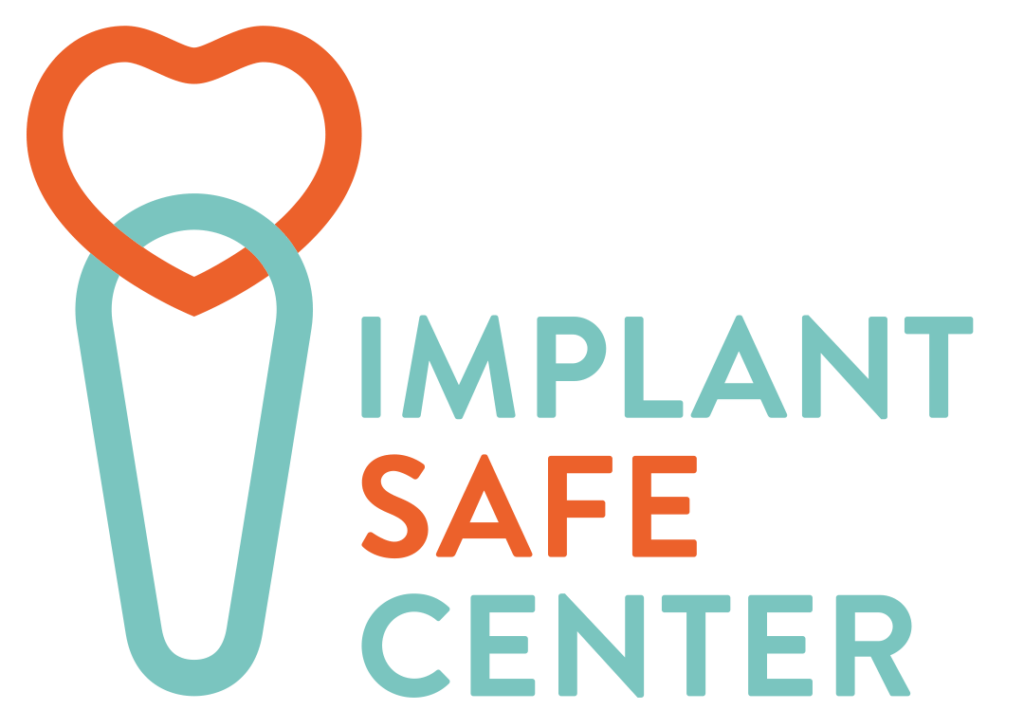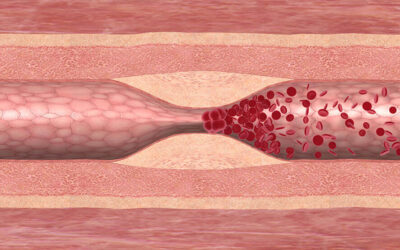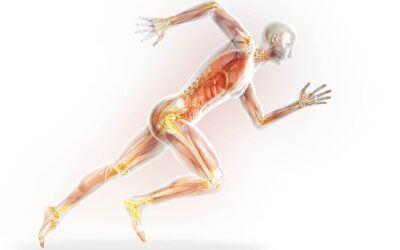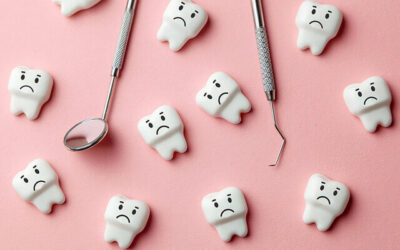
Love your implant!
Not only friendships want to be well maintained!
With proper care and continuous screening, your implants can now stay healthy and inflammation-free for much longer. Doubling the normal lifespan is now possible through new diagnostic procedures and targeted prevention. Here you will find important background information and valuable expert tips - healthy implants for life!

Dirk-Rolf Gieselmann
Board of Directors
Action: Test your implant!
Eine präventive Versorgung Deiner Implantate führt zu einer besseren Implantatgesundheit, weniger Komplikationen, einer längeren Tragedauer und Kosteneinsparungen von über 10.000€. Die Deutsche Mundgesundheitsstiftung hat diese Lücke erkannt und führt deshalb eine deutschlandweite Aktion durch. Erhalte von unseren Implant Safe Centern ein kostenloses CheckUp und eine individuelle Prophylaxe.
You can recognize professionals by this seal...

Did you know?
The average implant lifetime is currently approx. 15-20 years. Considering the absence of inflammation of the implants as an important health parameter, 2/3 of all implants show significant inflammation already after 9 years (peri-implant mucositis = collagen degradation at the implant neck Source: Derks et.al. study).
The goal of the I LOVE MY IMPLANT campaign is to increase inflammation-free implant longevity to 25-30 years through early detection and targeted prevention to promote the safety, health and sustainability of implant restorations.
Implants can cause considerable problems in the first few years if they are not cared for properly and attentively. If they are cared for regularly, they can last much longer and, with professional support from the dentist and regular check-ups, they can even last for more than 30 years.

FAQ
Knowledge
Arteriosclerosis and periodontitis
Arteriosclerosis and periodontitis - when the mouth makes you sick In the vernacular, the veins "calcify". In medicine, this is called arteriosclerosis, a chronic inflammation of the arteries. If the arteries that supply blood to tissues, muscles and organs become...
Diabetes and periodontitis
Correlation between periodontitis and diabetes Diabetes is one of the most common diseases in Germany. More than six million patients officially suffer from this metabolic disease. However, the number of unreported cases is estimated to be much higher. Besides the...
Fertility disorder and premature birth
Fertility disorders and premature birth - when periodontitis gets in the way of having children In Germany alone, there are up to 48,000 premature births every year. However, the cause is not always a maldevelopment of the child. Bacterial vaginal infections, anemia,...
Osteoporosis and periodontitis
Periodontitis and osteoporosis - two distant relatives Osteoporosis is a skeletal disease in which bones lose stability and break more easily. The triggers for bone loss are low mineral salt levels, low...
Periodontitis and pneumonia
Periodontitis and pneumonia - how the mouth makes the lungs sick It is considered the secret widespread disease - pneumonia. In Germany alone, around 500,000 people are affected by this infectious disease every year, a third of whom need...
Periodontitis and rheumatism
Periodontitis and rheumatism - creeping danger for the joint Swollen, warm and chronically painful joints immediately raise a suspicion: rheumatism. But "rheumatism" alone is not the end of the diagnosis. After all, it encompasses more than 100...
Alzheimer's and periodontitis
The dentist recognizes much more than dental diseases Anyone who believes that a visit to the dentist only protects against diseases of the teeth and gums is only grasping part of the possibilities. The dentist can recognize much more. Diseases of the digestive organs...
Depression and periodontitis
Correlation between depression and periodontitis Widespread depression: According to the WHO, around 322 million people suffered from depression in 2015. That's 4.4 percent of the world's population. Ten years earlier, the figure was 18 percent lower. However, the illness does not...
Periodontitis is not destiny
Careful oral hygiene is a prerequisite for healthy gums and teeth. If it is neglected, the accumulation of bacterial plaque can lead to gingivitis. As gingivitis is not necessarily painful, the patient may not notice it...








